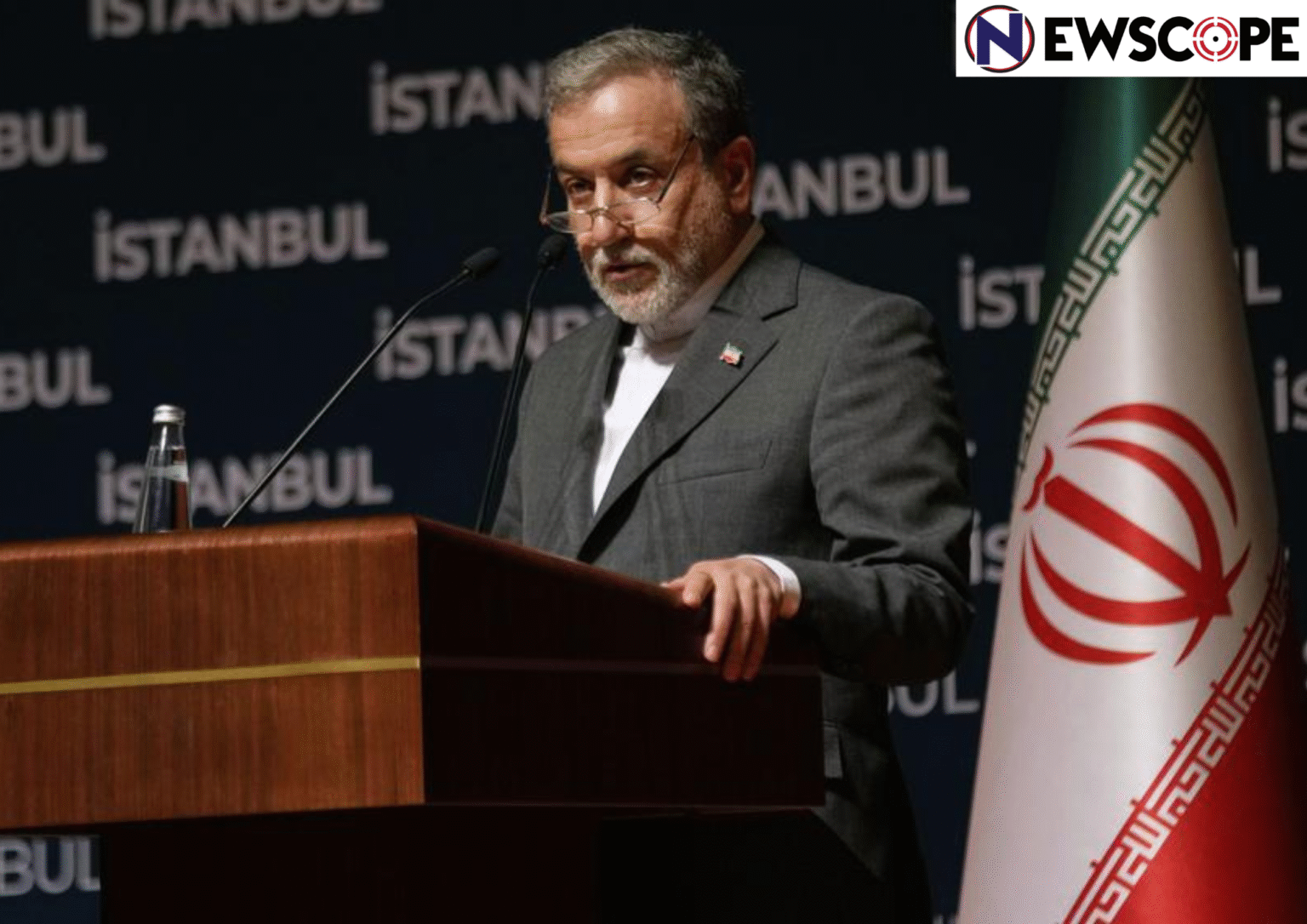In the middle of growing fears of another regional conflict, Iran has confirmed it will meet with European powers in Istanbul this Friday to discuss its nuclear programme—a small hope of diplomacy in a week marked by airstrikes, accusations, and unravelling trust.
The talks come at the request of Britain, France, and Germany. The trio known as the E3, who are warning Tehran that a failure to engage could trigger a return to punishing sanctions.
“In response to the request of European countries, Iran has agreed to hold a new round of talks,” Iranian foreign ministry spokesperson Esmail Baghai announced on state television on Monday. The agenda: Iran’s nuclear ambitions, long under international inspection.
Behind this diplomatic move lies a battlefield. Just weeks ago, Israel launched a wave of surprise attacks on Iranian military and nuclear facilities. The United States soon followed, striking uranium enrichment sites in Fordo, Isfahan, and Natanz. Any hopes of reviving quiet talks between Washington and Tehran, mediated through Oman.
Yet, Europe is still pushing for a peaceful path. A German diplomatic source told, “Iran must never be allowed to acquire a nuclear weapon,” adding that the E3 is working “intensively” to find a diplomatic solution that is both “sustainable and verifiable.”
But for Iran, the trust is gone. Foreign Minister Abbas Araghchi publicly rejected the threat of sanctions, accusing the E3 of siding with aggression. “The E3 have relinquished their role as JCPOA participants,” he posted on social media, referring to the 2015 nuclear deal. “Iran has shown it can defeat any delusional ‘dirty work’ but remains prepared to reciprocate meaningful diplomacy in good faith.”
As tensions rises, a surprise meeting in Moscow offered a glimpse into the shifting alliances at play. Iran’s top nuclear adviser Ali Larijani met with Russian President Vladimir Putin to discuss the situation. While Russia has voiced support for diplomacy, it has proceeded with caution, choosing not to openly back Tehran’s retaliation.
Back home, the message from Iran’s leadership is clear: No talks with the U.S. unless Iran’s right to enrich uranium is respected. “There will be no new nuclear talks with the United States if they are conditioned on abandoning uranium enrichment,” said Ali Velayati, adviser to Supreme Leader Ayatollah Ali Khamenei.
With pressure building from every side, Istanbul may be one of the last remaining chances to pull diplomacy back from the brink.



